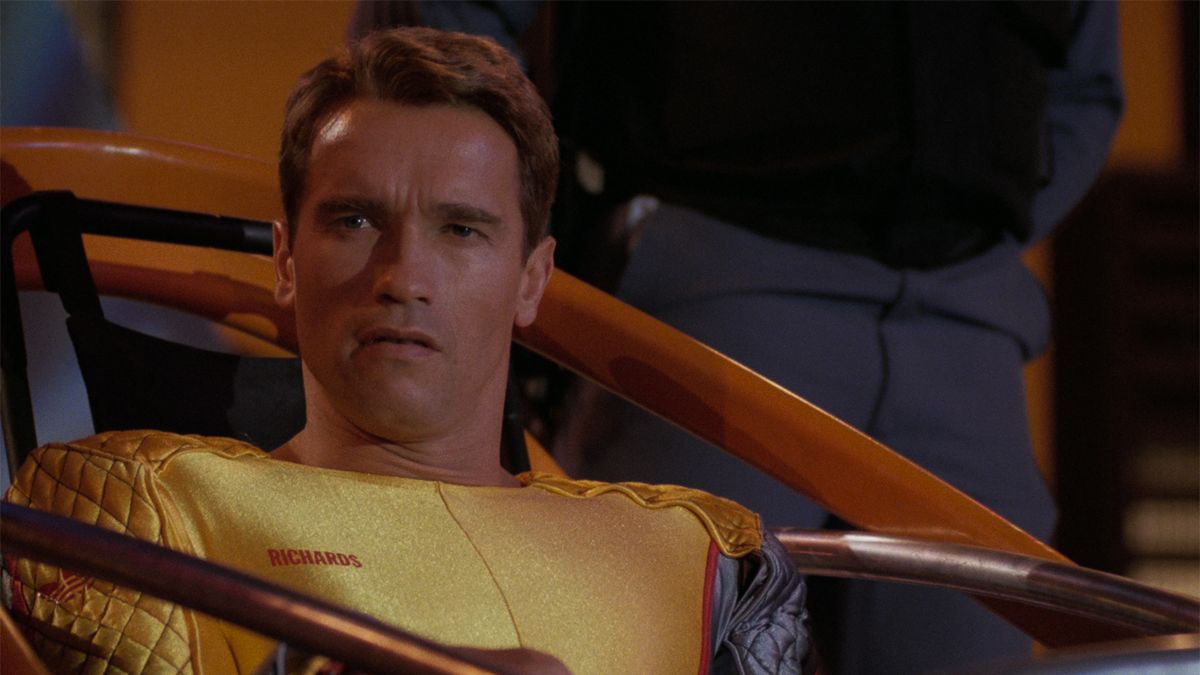That she’s the front-runner says something about the degree to which the country’s effervescent democracy has redrawn the role of minority groups. Though it remains to be seen if winning the presidency, as she is poised to do, will bring about a positive and definitive change, beyond a popular political project.
Centuries ago, the Catholic Church in Mexico fanned the flames of hatred toward Jews. Ms. Sheinbaum will legislate from buildings in downtown Mexico City near the Palace of the Inquisition, where crypto-Jews — a term used to describe Jews who were forced to convert to Christianity by the Spanish crown in the 15th century but continued to practice Judaism in secrecy — were tortured during the colonial period. Also in proximity is the Plaza del Quemadero, where they were burned at the stake in autos-da-fé — public executions meant to dissuade others from participating in what the church described as a false and perverted faith.
In the late 1800s, Mexico reinforced freedom of religion. Then in the 1920s, José Vasconcelos, a prominent Mexican writer, philosopher and rector of the prestigious National Autonomous University of Mexico, was among those who energized a centuries-old conspiracy that insists a Jewish cabal is out to control the state. As a teenager, I recall stumbling upon copies of “The Protocols of the Elders of Zion,” the infamous piece of antisemitic propaganda that purports to reveal a secret Jewish plan to rule the world, at newsstands in Mexico City.
When Ms. Sheinbaum and I were growing up in Mexico City in the 1960s, Jewish communities were sharply divided between Ashkenazi, largely from Eastern Europe and parts of Western Europe, and Sephardim, who could trace their roots to the Spanish and Portuguese expulsions. Sephardim was also used to describe Jews from the Ottoman Empire. The two sides largely kept to themselves, with separate schools, synagogues, cemeteries and so on.
Ms. Sheinbaum’s family is among the rare exceptions where the two groups did mix. Her maternal grandparents were Sephardic Jews who arrived in Mexico in the 1940s from Sofia, Bulgaria, escaping the Holocaust. Her paternal grandparents, who were Litvaks, or Lithuanian Jews, immigrated to Mexico in the 1920s. Her scientist parents are secular, but as a child she celebrated Jewish holidays with her grandparents.







